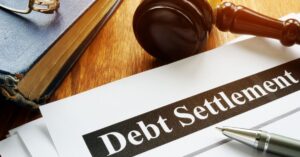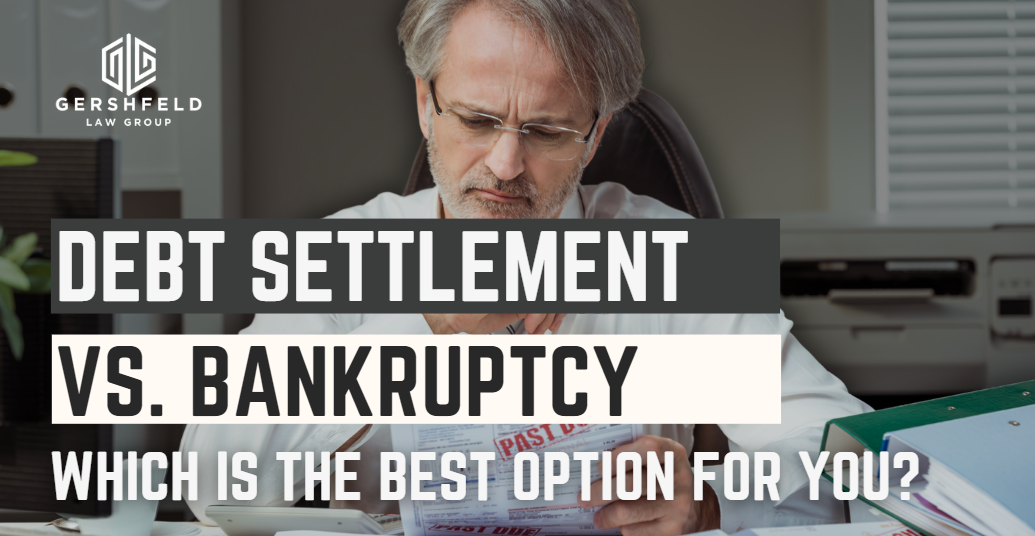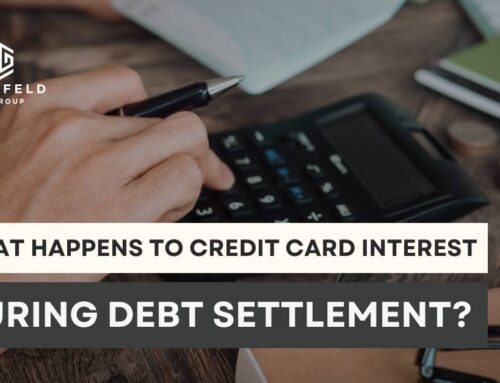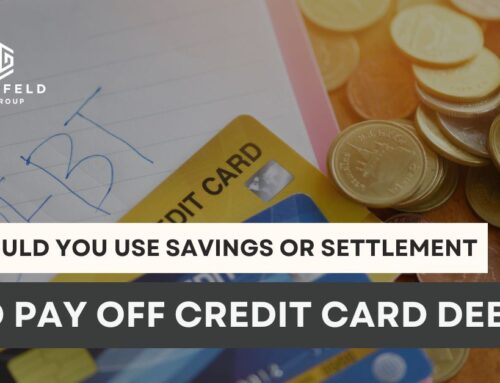Many people are currently weighing the pros and cons of debt relief versus bankruptcy, and it’s easy to see why. With finances stretched thin and debt piling up, it’s crucial to determine the best option for your situation.

Bankruptcy is one form of debt relief. While it’s often seen as a last resort, bankruptcy is a powerful legal process designed to give those in severe debt a fresh financial start. However, it’s not the right solution for everyone. So, is debt settlement better than bankruptcy? Let’s explore your debt relief options to find out which might be best for you.
What is Debt Settlement & What is Bankruptcy?

During debt settlement, a creditor agrees to accept a reduced sum as complete payment for your debt. You can either negotiate directly with the creditor or have a debt settlement business conduct the negotiations for you.
One of the primary benefits of debt settlement is the potential reduction in total amount owed. By settling your debt for less than the whole total, you can drastically lower your financial load and move closer to debt freedom sooner. This technique allows you to avoid the long-term consequences of large debt while also providing a faster road to financial recovery.

Bankruptcy, on the other hand, is a legal process that allows individuals or organizations who are unable to pay their debts to start over financially by either removing debts or establishing a sustainable repayment schedule.
- Chapter 7 Bankruptcy: Also known as “straight bankruptcy,” this option enables individuals to discharge most unsecured obligations, such as credit card balances and medical bills. It provides a speedy conclusion, usually in six to eight months, and protects most assets from liquidation. It also prohibits creditors from pursuing collections and does not impose taxes on overdue loans.
- Chapter 13 Bankruptcy: For those who do not qualify for Chapter 7, Chapter 13 restructures debt into a three to five-year court-supervised payment plan, after which leftover sums may be discharged.
Bankruptcy offers a clear path to financial recovery, providing a fresh start for those overwhelmed by debt. Now, which is best? Is debt settlement better than bankruptcy?
Is Debt Settlement Better Than Bankruptcy?
Not necessarily. Neither debt relief nor bankruptcy is inherently better than the other; it really depends on your specific situation. Both can be effective in managing overwhelming debt, but they work differently. Debt relief is typically handled privately, while bankruptcy involves the court system. The right option depends on the type of debt you have and the extent of the financial damage.

When choosing between debt relief and bankruptcy, consider the following factors:
- Amount of debt: Bankruptcy is typically a last resort, used when your debt is so high that repayment is unlikely.
- Income level: If you have a sufficient income, debt relief might be more effective than bankruptcy, especially if your income disqualifies you from Chapter 7.
- Future financial goals: If you plan to buy a home, start a family, or pursue other significant goals, a bankruptcy on your record could make those more challenging.
- Privacy: Keep in mind that bankruptcy is a matter of public record, while debt relief is usually a private process.
These factors can help guide your decision between debt relief and bankruptcy, depending on your individual circumstances and goals. Both debt relief programs and bankruptcy come with their own benefits and drawbacks. Before deciding on a course of action, it’s wise to consult with a qualified debt settlement law firm to explore your options.






